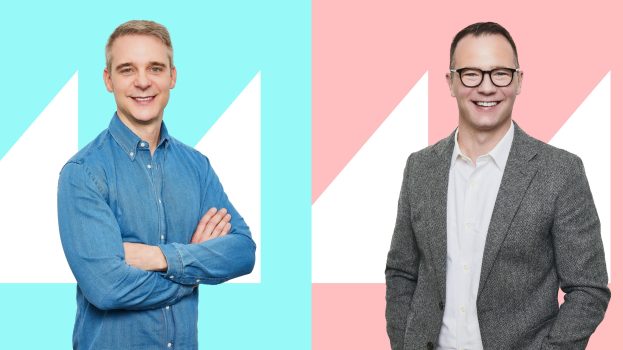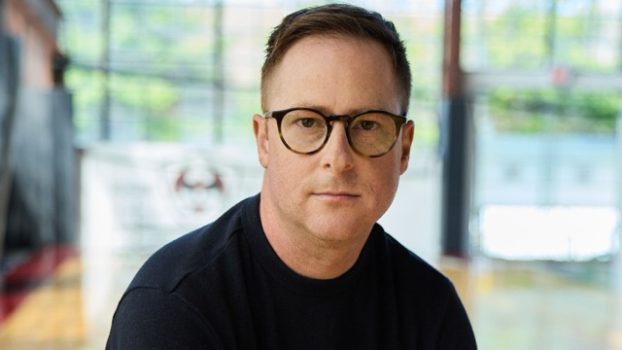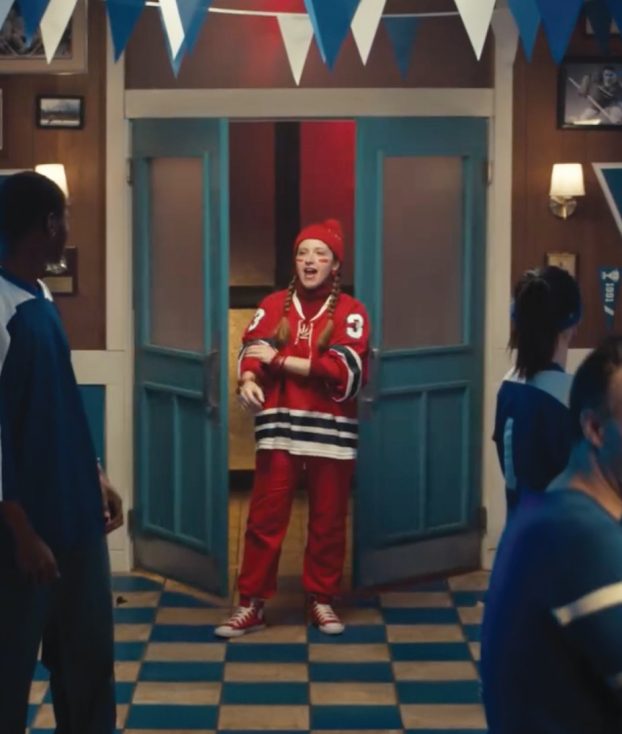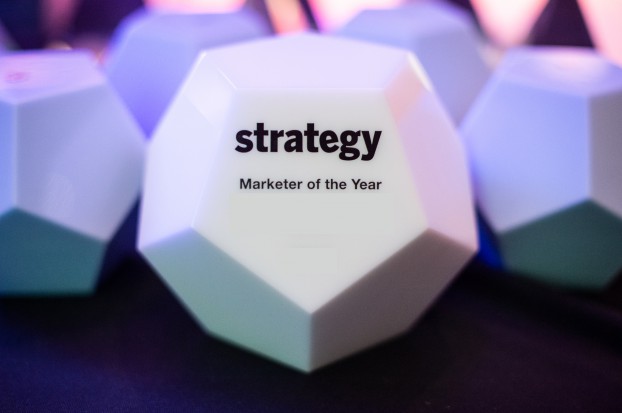After attending SXSW Interactive this year and sitting in on roughly 20 sessions, you get a very good idea of the theme of the conference. This year, no surprise there was a lot of talk about wearables, a market that by 2018 is projected to top $12 billion.
My first day on the shuttle bus to the conference, a woman sat down beside me donning her Google Glass headset, a Nike Fuelband and a Pebble watch. A little overkill, but her curiosity for personal data was right on the mark when it came to the thread running through the conference. Sure there were a few other themes this year, like the sports stream focusing on social marketing, a focus on what’s happening in under-developed markets like Africa and Latin America, and a health stream as well. But the link in all of this was wearable technology and the data it produces.
Most of what was discussed was the data that the devices create, where will it be stored, how do you get rid of it once you’re done with it and who has access to it.
In the session “The Connected Body – Can we get value from wearables?” speakers discussed the fact that wearable technology doesn’t yet talk to other wearable tech. Remember the woman wearing three devices on the bus? The next logical step would be streamlining the data and layering on more than one function so that the wearer can get more value from the information generated.
And as the industry grows, devices will soon become adaptable to the information they receive rather than just transmitters for your heart rate or number of steps you’ve taken, and that could be a huge opportunity for marketers.
 At the moment wearables related to health make up 60% of the market: Shaquille O’Neal even spoke about his Fitbit and how wearables may change sports and coaching in the future. Wired players may see more or less time on the court based on heart rate, stress levels or any number of measurements coaches feel affect a player’s performance.
At the moment wearables related to health make up 60% of the market: Shaquille O’Neal even spoke about his Fitbit and how wearables may change sports and coaching in the future. Wired players may see more or less time on the court based on heart rate, stress levels or any number of measurements coaches feel affect a player’s performance.
The role of this technology is still in its infancy. The next frontier might even be injectables and ingestibles. These devices would be highly valuable to the health field. Imagine being able to alert people with heart problems that they are dangerously close to an attack and should seek medical attention within a certain time frame.
Another huge trend was personal security and privacy of digital information, with speakers like Julian Assange and Edward Snowden looking at security of information and who owns it. Once wearables become commonplace, will their information become common property? The technology brings with it a host of new situations to consider, for instance what if insurance companies asked prospective clients to wear a device for a few weeks before granting a policy or prospective employers asking senior level candidates for their last three months of information? You can bet these debates are taking place as we speak.
The last point to think about is the health of your digital information. How secure is it? Is there any consequence if it was shared voluntarily or not? I saw billionaire entrepreneur Mark Cuban speak at a session. His take on personal information is that we all should be able to control our information’s destiny. And no surprise he was launching his new app, Cyber Dust, which is the texting equivalent of Snapchat. Once you send a text, it’s visible for only a few seconds then, poof, into the ether it goes. It leaves no trail in the cache of the phone and unless you have quick hands for a screen capture, there is no evidence of the text.
So as we pioneer new ideas in the digital space, we are creating some fairly large, messy digital footprints. If wearables are going to help take care of our physical health, we need not forget the state of our digital health. There seems to be an increasing need for us to find effective ways to securely store and sweep the bytes left behind us as we go – the proverbial call heard over the internet loudspeaker for a cleanup in aisle six. Might just be the perfect job for a cyberspace Roomba.
Top image courtesy of Shutterstock.

























